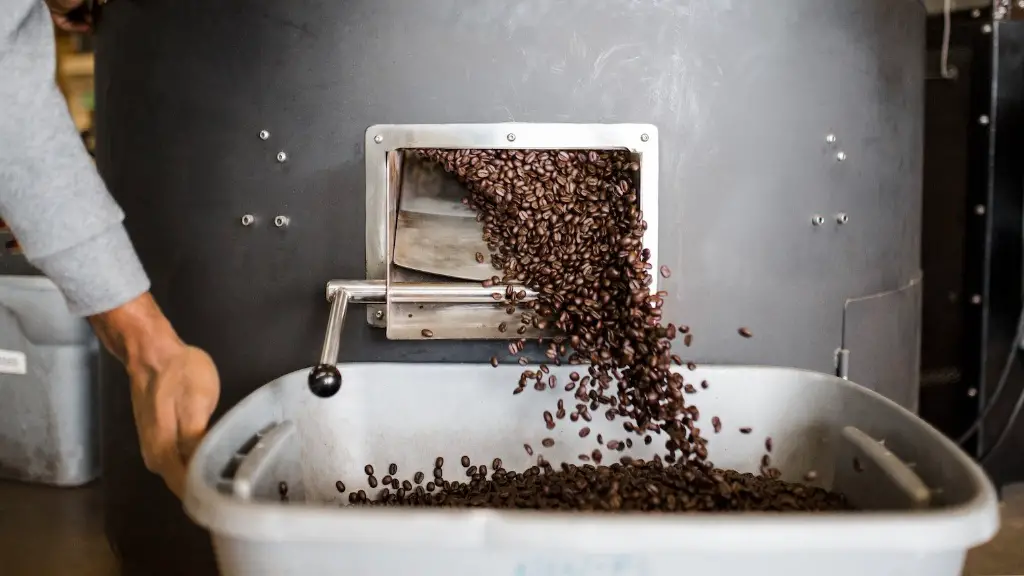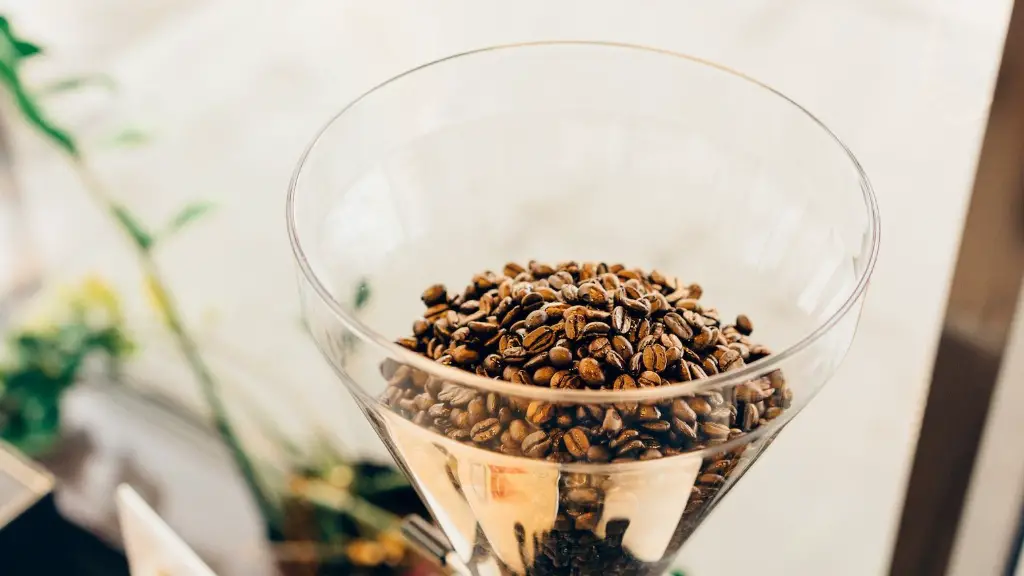Coffee and Pneumonia
When someone has pneumonia, it is a serious situation. Pneumonia is an infection that inflames the air sacs in one or both lungs and is often caused by bacterial, viral or fungal agents. While those affected by pneumonia can experience a range of symptoms that generally include chest pain, coughing, fever, chills, and fatigue, the biggest concern is usually whether it will be possible for them to recover without getting worse. For many, decisions about what is best to eat and drink for their recovery become a top priority.
One question that often arises concerns consuming coffee when dealing with pneumonia. Does drinking coffee help or hurt someone who is suffering from pneumonia? It is important to understand the potential risks and rewards so that those affected can make the best decisions for their health.
The Pros of Drinking Coffee
Coffee can have both physical and mental health benefits, which is why many people consider it a daily elixir. For one thing, coffee contains antioxidants, which can help reduce inflammation and fight off damaging free radicals.
Drinking coffee can also help with performance and alertness, as the caffeine in the drink is a stimulant. Those dealing with pneumonia can benefit from the improved energy levels that come from coffee consumption. Furthermore, research suggests that coffee may even reduce the risk of developing pneumonia in the first place.
The Cons of Drinking Coffee
Many warn that coffee can cause dehydration, and it is known that dehydration can exacerbate symptoms of pneumonia. Dehydration can further strain the lungs and heart, making it even harder for the body to recover. Additionally, people with weakened respiratory systems, or those taking certain medications, should speak with their physician before consuming coffee.
Coffee can also leach out vitamins and minerals from the body, many of which are essential during recovery times. Plus, caffeine can have an opposite effect on the body than water, as too much can cause restlessness, irritability and nausea.
Moderating Coffee Intake
For those who decide to drink coffee with pneumonia, it is important to be mindful of consumption. Drink coffee in small doses, and with food. Eating helps to neutralize the acidity of coffee, and adding cream or butter can reduce dehydration. Also, reducing the amount of caffeine consumed is recommended, so opt for decaffeinated beans or an herbal coffee substitute, such as Dandelion Root or Roasted Chicory.
In addition, it can be beneficial to combine coffee with other recipes like bone broths. This can give a boost of energy while also aiding with digestion and hydration. Additionally, many Mediterranean countries have enjoyed the health benefits of adding herbs, such as olive leaf, to their coffee.
When to Avoid Coffee
While mild amounts of coffee may provide health benefits, it should be avoided altogether when dealing with advanced pneumonia. Advanced pneumonia can cause the air sacs to become completely filled with fluid and pus, making it harder to breathe, which is why drinking any type of caffeine is generally discouraged.
If deemed necessary, those dealing with advanced pneumonia should only consume coffee with medical assistance and several forms of permission. In other cases, it is advised to stick to clear liquids and other non-caffeinated beverages, such as herbal teas, until recovery.
Coffee Alternatives
In general, there are plenty of warm beverages that can help those dealing with pneumonia that don’t contain caffeine. Peppermint tea, for instance, is known for its calming effects and can be enjoyed both hot and cold. Green tea is another item that helps to cleanse the system and contains antioxidants, like coffee. Additionally, Chickweed tea and Astragalus root can help reduce symptoms, while rose hip tea is known to reduce chest congestion and protect the lungs.
Side Effects of Caffeine
Regardless of the presence of pneumonia, it is important to understand the side effects of too much caffeine. Prolonged caffeine use can lead to dependency, which can lead to headaches and various digestive issues. It is also possible to build up a tolerance to caffeine, where it is no longer as effective at providing the desired alertness or energy.
Caffeine is also a diuretic, meaning that it can cause a more frequent need to urinate. This frequent urination can lead to dehydration even faster, and should be taken into consideration when dealing with pneumonia.
Severity of Pneumonia
Ultimately, those dealing with pneumonia should always take their severity into consideration before deciding to drink coffee. If their symptoms are mild, it may be advisable to consult with a physician on the risks and rewards of coffee consumption before making any changes. However, if they have advanced pneumonia, it is better to take extra care in avoiding coffee.
Even if coffee can be consumed safely with pneumonia, it is a good idea to focus on consuming liquids and food that are known to help the lungs regain its strength. This can include warm homemade broth and various herbal teas.
Coffee Sensitivity
It is also important to note that individuals should take their own sensitivities into account when deciding whether to consume coffee. It is possible to experience more intense side effects from drinking coffee, such as an elevated heart rate or even anxiety. Furthermore, those who are overexposed to coffee can experience symptoms like insomnia, muscle tremors and depression.
By understanding all the potential risks, those dealing with pneumonia can decide for themselves if coffee consumption is right for them. With caution and moderation, drinking coffee in a mild case of pneumonia may be beneficial. However, it is best to avoid coffee if the pneumonia is advanced in order to prevent any further health complications.




